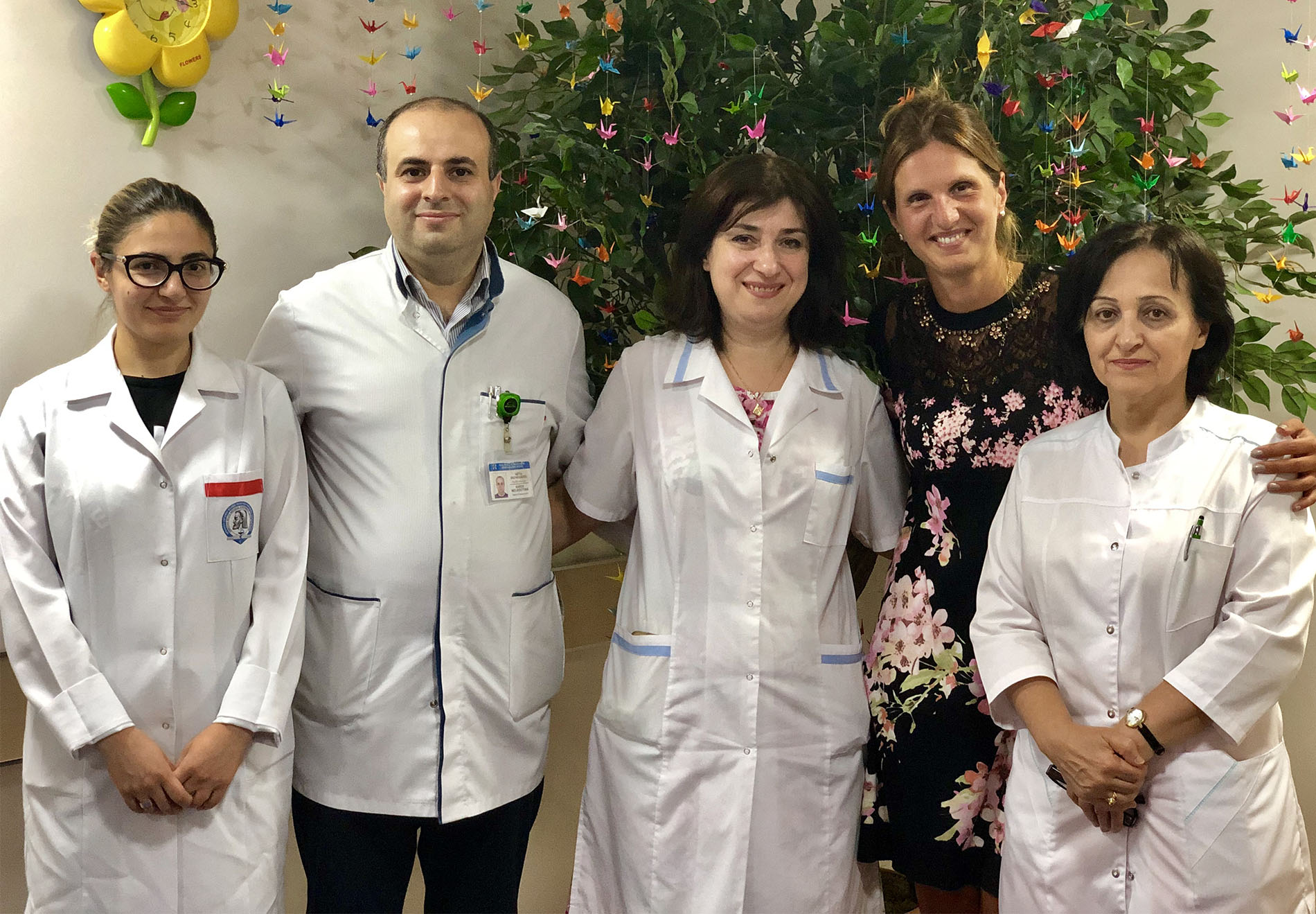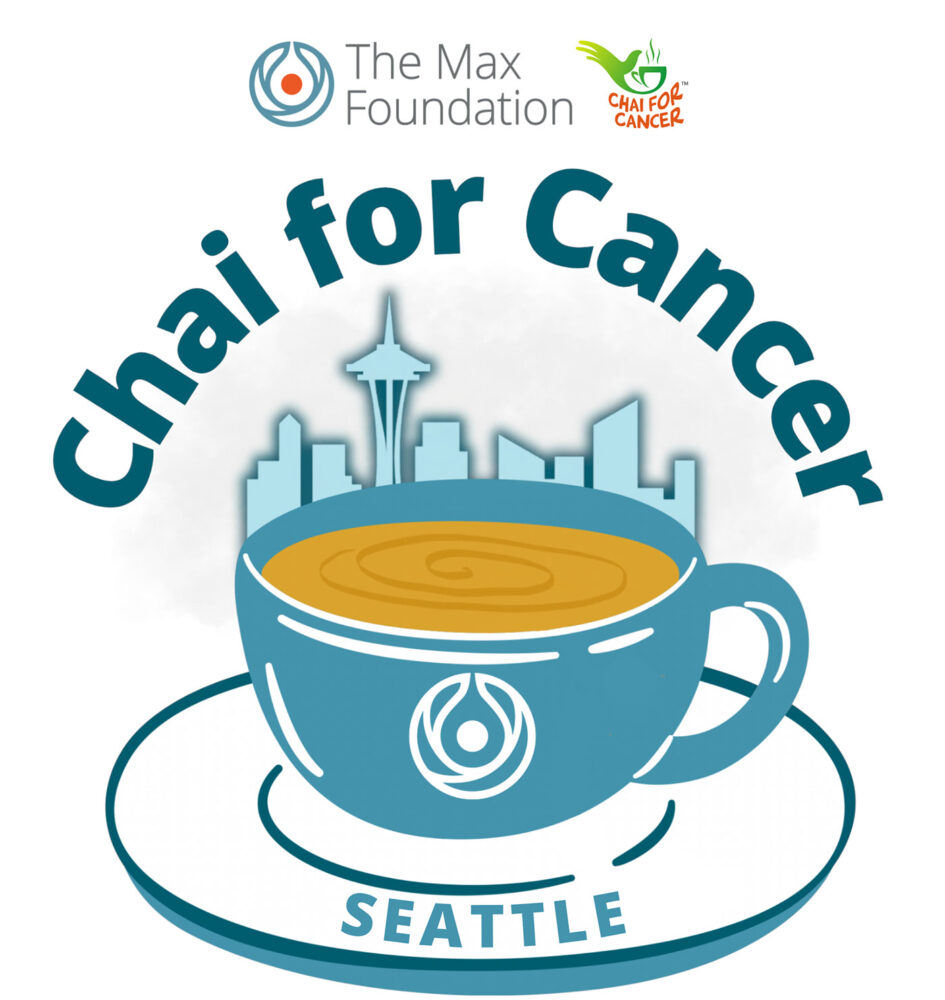Every September 22, our dedicated team members, health care providers, hematologist, and patient associations join to celebrate World CML Day—9/22 represents the genetic change of chromosomes 9 and 22 that cause chronic myeloid leukemia (CML).
At The Max Foundation, we take this opportunity to celebrate and raise awareness about CML, as well as thank our global network of health care providers for their advocacy and commitment to cancer patients.
In my time at The Max Foundation, I have had the great opportunity to work with many of our partner physicians, including Dr. Karen Meliksetyan, Head of the Hematology Department at the Republic Hematology Center in Armenia. Dr. Karen has been a key advocate and driver of bridging diagnostics and treatment for over 400 cancer patients in his center.
We caught up with Dr. Karen to hear his perspective on World CML Day and recent success stories from his patients. Here are the highlights from our chat:
*This conversation has been slightly edited for clarity.
Mei Ching: What does world CML day mean to you as a doctor has been treating CML patients for many years?
Dr. Karen: World CML Day is a very important day for me as a doctor. I am treating CML for more than 10 years. This day is very important also for the CML community because it’s awareness day. We can speak about our good results and battles, which we continue to win day by day, and we don’t forget that [CML] is still threatening disease in some cases. And we haven’t won the war against CML yet.
Mei Ching: Can you share what has the situation at your hospital has been like since COVID-19? Has the pandemic impacted your ability to provide services to patients?
Dr. Karen: The situation during COVID-19 in our hospital was very difficult. Like everywhere. At the beginning of the pandemic, we have had a full lockdown, and Armenian and CML patients had difficulties visiting the hospital.
The public transport didn’t work, so they had to come to the hospital by [their] own car or by taxi, which is expensive when you come from far sides of Armenia. We organized a good service for our patients: We provided medicines for a few months and asked them to get blood tests at regional polyclinics and send results by web or WhatsApp.
Mei Ching: Outside of the pandemic’s circumstances, what are the biggest challenges CML patients face in Armenia?
Dr. Karen: The biggest challenge for CML patients in Armenia was the absence of the molecular monitoring many years, Fortunately, at the end of 2019, The Max Foundation donated a GeneXExpert® diagnostic PCR system and diagnostic kits to our hospital.
We started molecular monitoring this year. It was invaluable support and help for our patients. We could monitor them and change their TKI (medication) on time. In some patients, we discovered the treatment failed, or confirmed deep molecular remission and continued the same treatment. It’s very hard for CML patients.
Mei Ching: Is there a patient story you can share who’s had success since gaining access to local diagnostic services at your center?
Dr. Karen: I can tell about a few cases who benefited from access to diagnostic, but I would like to mention a couple of them. One young lady was diagnosed with CML in 2011. She was receiving imatinib for many years, and when we were able to check for molecular remission, we understood that we should change her treatment. In another case, when we lost hematologic response in a CML a patient who was diagnosed in 2012, we changed their treatment. After the three months, we confirmed complete hematologic remission, and their PCR was about 10%, which told us that we are moving in the right direction. There are so many similar cases with good results like these!
We hope you join us, along with Dr. Karen and our entire global community to celebrate World CML Day and the lives of every CML patient.
Follow us on social media @themaxfoundation and join the celebration with #WorldCMLDay and #TogetherToday!


